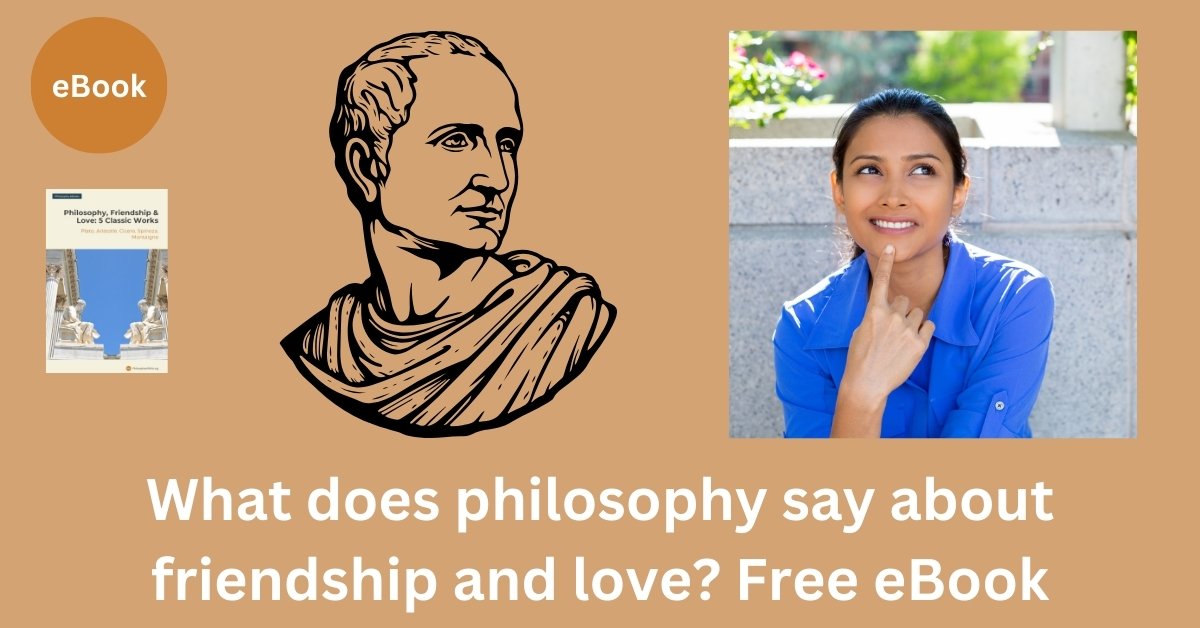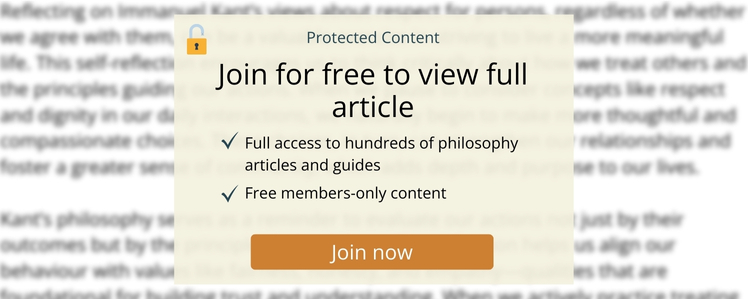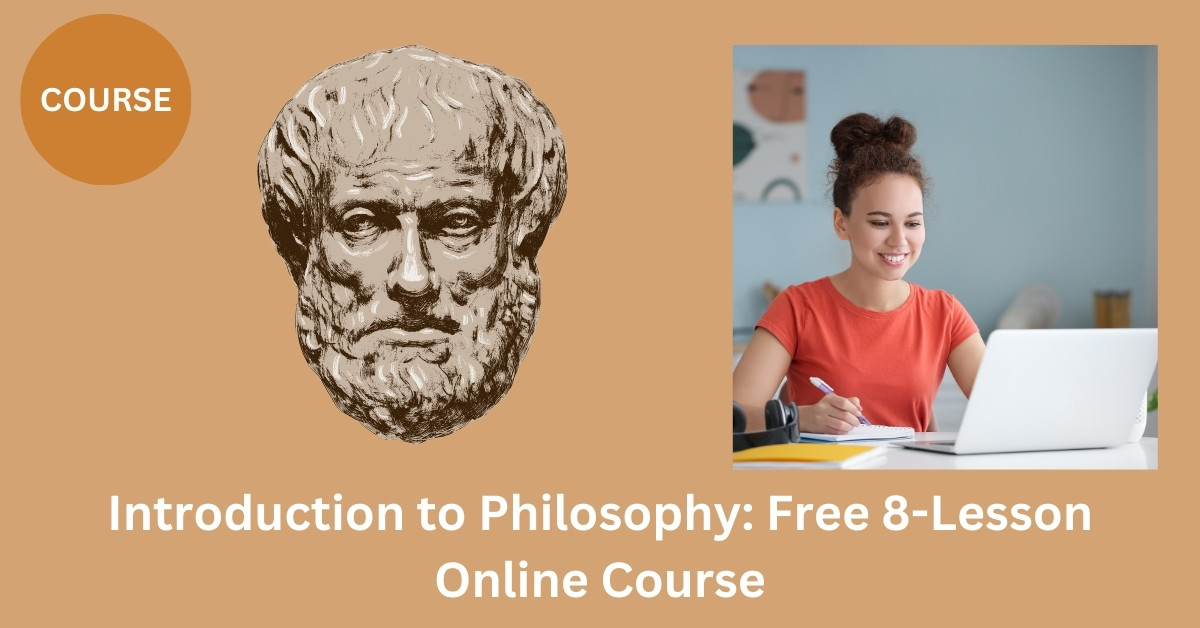Philosophy can be a powerful tool for those looking to live a more meaningful life, but understanding different philosophies is crucial. Many people have come across the concepts of existentialism and theism, but not everyone fully grasps how these ideas differ. This distinction is important because it shapes how we use philosophy to enrich our lives. In the following sections, we will dive into existentialism and theism, exploring how they influence our philosophical journey towards finding deeper meaning.
Key features of existentialism

Individual Freedom and Responsibility
At the heart of existentialism lies the emphasis on individual freedom and the responsibility that accompanies it. Existentialist thinkers assert that humans are free to make their own choices and must find their own path in a world without predetermined purpose. This freedom is both liberating and burdensome, as individuals must also bear the full weight of their decisions. With no external values to guide them, individuals create their own values and meanings. Existentialism posits that responsibility is inevitable in light of genuine freedom, highlighting the personal accountability one holds in shaping their own destiny. The philosophy challenges individuals to reject societal norms and conventions to authentically craft their own identities.
Authenticity
Authenticity in existential thought refers to the idea of living true to one’s self, rather than conforming to external pressures and expectations. This principle encourages individuals to define their own essence and live in accordance with their values and beliefs, fostering a life of honesty and integrity. Existentialists perceive authenticity as the antidote to the distraction and conformity present in modern society, advocating for a conscious and deliberate way of living. By embracing authenticity, individuals embark on a journey of self-discovery and personal growth, navigating the complexity of human existence with a commitment to their true nature. The pursuit of authenticity involves acknowledging one’s limitations and potentials, ultimately leading to a more fulfilled life experience.
Absurdity
Absurdity is a core concept in existential thought, highlighting the conflict between the human desire for meaning and the universe’s indifferent nature. Existentialists argue that life is inherently meaningless, and any attempt to find objective meaning is inherently absurd. This realization propels individuals to confront the absurd and navigate life with either despair or rebellion. Embracing the absurd involves understanding that meaning must be self-generated, and humans must accept the irrational aspects of existence. While the absurd might initially evoke a sense of nihilism, existentialists encourage individuals to find personal significance and purpose through their experiences and choices, thus resisting the absurdity of life. The stance against absurdity demonstrates human resilience and creativity in constructing meaningful narratives amidst chaos.
The Existential Crisis
An existential crisis is a pivotal moment of introspection where individuals question the meaning, purpose, and value of their lives in the grand scheme of existence. It is a powerful feature of existentialism, often triggered by significant life events or profound realizations about the nature of reality. Such crises prompt individuals to confront essential questions about their beliefs, mortality, and role in the universe. Rather than being a negative experience, existential crises are seen as opportunities for growth and self-rediscovery. They serve as catalysts for reevaluating one’s values and motivations, leading to a deeper understanding of oneself. This process, though challenging, encourages individuals to pursue an authentic existence and establish a personal framework of meaning.
In Jean-Paul Sartre’s play “No Exit,” three characters find themselves locked in a room for eternity, each serving as both a torturer and a victim to the others. The absence of conventional torture devices highlights the significance of their interpersonal relationships and internal struggles. The characters are forced to confront their past actions, choices, and identities without any hope of escape or redemption. The minimalist setting of the room, devoid of distractions but filled with metaphoric reflections through mirrors, amplifies the tension and forces the characters to face their true selves. As they interact, they realize that it is their judgments and perceptions of each other that constitute the true torture, leading to the famous line: “Hell is other people.” This scenario exemplifies how one’s existence and essence are defined through the experiences and perceptions of others, illustrating themes central to existentialist thought.
Key features of theism
Belief in a Supreme Being
At the heart of theism is the belief in a supreme being, often referred to as God, who is considered the ultimate creator and sustainer of the universe. This being is typically characterized by attributes such as omnipotence, omniscience, and omnibenevolence, meaning that God is all-powerful, all-knowing, and all-good, respectively. Theism posits that this divine being exists independently of the universe and has the power to intervene in the world, although the degree and nature of such intervention can vary broadly among different theistic traditions. The belief in a supreme being is central to the theistic worldview, providing both the explanation of the creation of the cosmos and the ultimate purpose of existence.
Personal God
Theism generally maintains that God is a personal entity, with whom individuals can have a relationship. This personal relationship indicates that God is not an impersonal force but a being with whom humans can communicate through prayer, worship, and devotion. The notion of a personal God suggests that God possesses qualities such as consciousness, will, and the ability to respond to human actions. This concept is fundamental in theistic practices, as it allows believers to experience a sense of closeness and connection with the divine. It also provides a framework for understanding moral and ethical guidelines, as believers often look to their relationship with God to inform their sense of right and wrong.
Divine Providence
The concept of divine providence in theism refers to God’s governance and care over the universe. It implies that God is actively involved in the world, guiding the course of history and the lives of individuals toward a divinely determined end. This belief in providence offers a perspective that there is a meaningful order and purpose to all events, even those that appear random or chaotic from a human perspective. Divine providence reassures believers that their lives are part of a greater plan, often providing comfort and hope in times of uncertainty or hardship. It suggests that while humans have free will, God’s omniscience allows the ultimate fulfillment of divine purposes without negating individual freedom.
Moral Absolutism
In many theistic traditions, God is seen as the ultimate source of moral truth, establishing a definitive standard of right and wrong. This belief in moral absolutism suggests that ethical principles are grounded in the character and will of God and are thus unchanging and universally applicable, regardless of human opinion or cultural variation. Theism often holds that understanding and adhering to these divine moral laws is paramount to leading a virtuous life. The presence of a divine moral order provides theists with a framework for making ethical decisions and understanding justice, often linking moral conduct with rewards or consequences in this life or beyond. This connection between morality and divine will offers a robust sense of purpose, encouraging believers to align their actions with perceived divine expectations.
Towards living with more meaning
Reflecting on the contrast between existentialism and theism is of practical importance as it provides us with a framework to navigate the complexities of modern life, offering insight into how we can cultivate meaning and authenticity in our existence. In a world dominated by rapid technological advancement and shifting cultural paradigms, individuals often find themselves at crossroads seeking purpose beyond mere survival. By examining the tension between existentialism and theism, we are challenged to confront foundational questions about our values, choices, and the nature of meaning itself.
From a practical standpoint, this reflection encourages us to examine our autonomy and the constructs we accept or reject in our pursuit of meaning. Existentialist thought champions personal responsibility and the crafting of meaning from one’s own experiences, while theistic views can provide an external system of values and purpose derived from a divine source. By critically assessing both perspectives, individuals are empowered to strike a balance that resonates with their unique worldview. This process fosters self-awareness and individual growth, encouraging people to live not by default but by conscious design.
Furthermore, grappling with the contrast between these philosophies engages us in a dynamic process of dialogue and introspection. This interplay prompts us to explore the very essence of what constitutes a life well-lived. For instance, while existentialist views urge us to carve out meaning internally, theistic perspectives often emphasize living in alignment with an external set of truths or revelations. Reflection on these diverging paths can help foster resilience and adaptability, key traits in managing life’s unpredictable challenges. It drives home the need for a personal creed or ethos that can guide decisions and shape behavior amidst life’s inherent uncertainties.
On a societal level, this examination can stimulate broader discourse, enhancing our understanding of diverse perspectives and fostering more inclusive communities. Engaging with different worldviews cultivates tolerance and respect, key elements in counteracting divisiveness in our social fabric. This inclusive approach can lead to richer, more nuanced conversations about morality, ethics, and human connection, illuminating how differences can coexist and even complement one another.
Reflecting on the contrast between existentialism and theism also reminds us of the importance of integrating subjective experience with larger narratives. For many, harmonizing the freedom of existential choice with the guidance offered by theism can result in a more grounded sense of identity and purpose. This synthesis offers a practical approach to dealing with existential dread or the feeling of meaninglessness—common struggles in the contemporary era. By providing tools to redefine and reaffirm one’s purpose in life, individuals can achieve greater psychological well-being and fulfillment.
Ultimately, the practical importance of this reflection lies in its ability to guide us towards living deliberately and with intention. It challenges each of us to evaluate what truly matters in our lives and how we choose to align our actions with our beliefs. By actively engaging with the tension between existentialism and theism, we embark on a journey towards self-discovery and purpose. This pursuit is crucial in crafting a life that not only feels meaningful but is also infused with depth and significance in both personal and communal spheres. Thus, reflecting on these contrasting philosophies becomes not a mere academic exercise but a vital part of shaping a life imbued with purpose and consciousness.
Questions for reflection
How does the belief in a higher power influence our understanding of purpose versus an existentialist perspective of self-created meaning?
Understanding this contrast allows us to explore whether purpose is externally given or internally constructed, shaping our motivations and guiding how we find fulfillment in life.
Can existential freedom coexist with theistic determinism, or do they inherently conflict?
This question is crucial because it probes into the balance between free will and divine preordination, impacting how we perceive our choices and actions’ significance.
In what ways do existentialism and theism differently address the human confrontation with life’s absurdity?
Reflecting on this question helps us evaluate how different worldviews provide comfort or understanding in facing life’s perceived lack of inherent meaning, contributing to existential resilience.
Does theistic morality offer a more comprehensive ethical framework than existentialist ethics?
This exploration reveals how differing moral foundations influence ethical decision-making and moral responsibility, shaping our personal and societal values.
How do existentialism and theism approach the concept of hope, and what implications does each have for human resilience?
By comparing these views, we can understand how hope is nurtured under different beliefs, which affects our ability to endure hardship and maintain a positive outlook.


